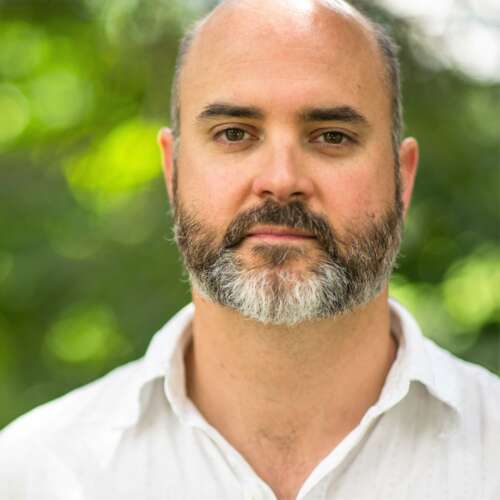By Dr. Patrick Barclay, Department of Psychology
This article is republished with permission from The Globe and Mail. Read the original article.
The cost of living has soared since COVID, owing to supply line disruptions, the war in Ukraine and climate-related disasters. Many Canadians feel the pinch of inflation, which is unpleasant enough. However, the rising cost of living may lead to another problem: higher crime.
Why would higher costs of living lead to increased crime? We can summarize this prediction in one word: desperation.
When living is expensive, there are more people who are at risk of not affording their rent, mortgage, groceries and other necessities. Some Canadians barely have enough money to make it to payday, or don’t have enough. And as the saying goes, desperate times call for desperate measures.
Much research shows that when people are desperate, they take bigger risks, both good and bad. Sports fans are familiar with this principle: You take bigger risks if you’re losing near the end. Hockey teams pull the goalie to put another offensive player on the ice. Football teams throw Hail Mary passes. These are dumb plays if you’re winning, because they’re unlikely to succeed and are likely to harm you. However, if you’re about to lose anyway, you might as well take the gamble, knowing full well it might fail, because it’s your best chance of winning.
Desperation leads to larger risk-taking

The same principle applies in other situations. Normally, crime doesn’t pay: To someone living comfortably, it’s rarely worth the risk of injury or jail time to steal, embezzle or commit fraud for a few more dollars.
However, if you’re about to get evicted because you can’t afford rent, lose your business to bankruptcy or go hungry because you can’t afford food, then suddenly these dumb plays don’t seem so dumb. Sure, crime is a gamble – you might get caught. But some people might still find that gamble worthwhile, desperately hoping to get away with it, if that’s their only hope of keeping their standard of living. Obviously not everyone does this, but some will. This is why these crimes are more common when there are more desperate people.
Some crimes might pay better when living costs are high, because more desperate people means more susceptible victims. For example, if you can’t afford a quality apartment, you might gamble on that cheap apartment that could be a fraud or a money pit. Or a cheap contractor who might abscond with your cash.
The news today abounds with stories about fraudulent landlords, renters, contractors, moving companies, banks and so on. Whatever the business – pick your favourite – when there are more people who need to take dodgy gambles, more fraudsters will arise to fill that niche.
Economic crimes not the only form of crime on the rise
But this isn’t just about economic crimes such as fraud and theft. Desperation is linked to other crimes, too, including assault and homicide, which rise and fall in tandem with theft and robbery. These are risky forms of social competition, often resulting from status competition. Like economic crimes, they aren’t worthwhile for anyone financially stable enough to have something to lose. But if someone is made desperate by the rising cost of living, they have less to lose, and will therefore be less deterred by any costs.
This is why inequality is one of the best predictors of homicide rates across countries, provinces and neighbourhoods. The more inequality there is, the more desperate people there are with nothing to lose, and the more homicides there are – indeed, most crimes.
What’s the solution? Can we stop living costs from rising? Some costs yes, as the economy naturally recovers from COVID. Some costs not so easily, such as the disruptions caused by Russia’s invasion of Ukraine. And some are possible but hard, like preventing climate change and the resultant wildfires, droughts, floods and diseases – costs will rise less if we prevent climate change than if we let it happen.
Even if living costs do rise, we can reduce their effects on crime. For example, we can better support those at risk of becoming desperate, who might resort to unethical or illegal behaviour to get by. Given that high living costs create inequality, and inequality is strongly linked with crime, then perhaps we should strive for a more equal society – fewer heights for the ultrarich, and fewer valleys of desperation for the rest of us.
Robin Hood-like redistributive policies will help, like carbon pricing, which takes money from the worst polluters and gives it to regular families (eight in 10 people receive more than they pay in tax). Ultimately, with good planning and good policy, we can avoid the worst consequences of high living costs, because they affect us all.
